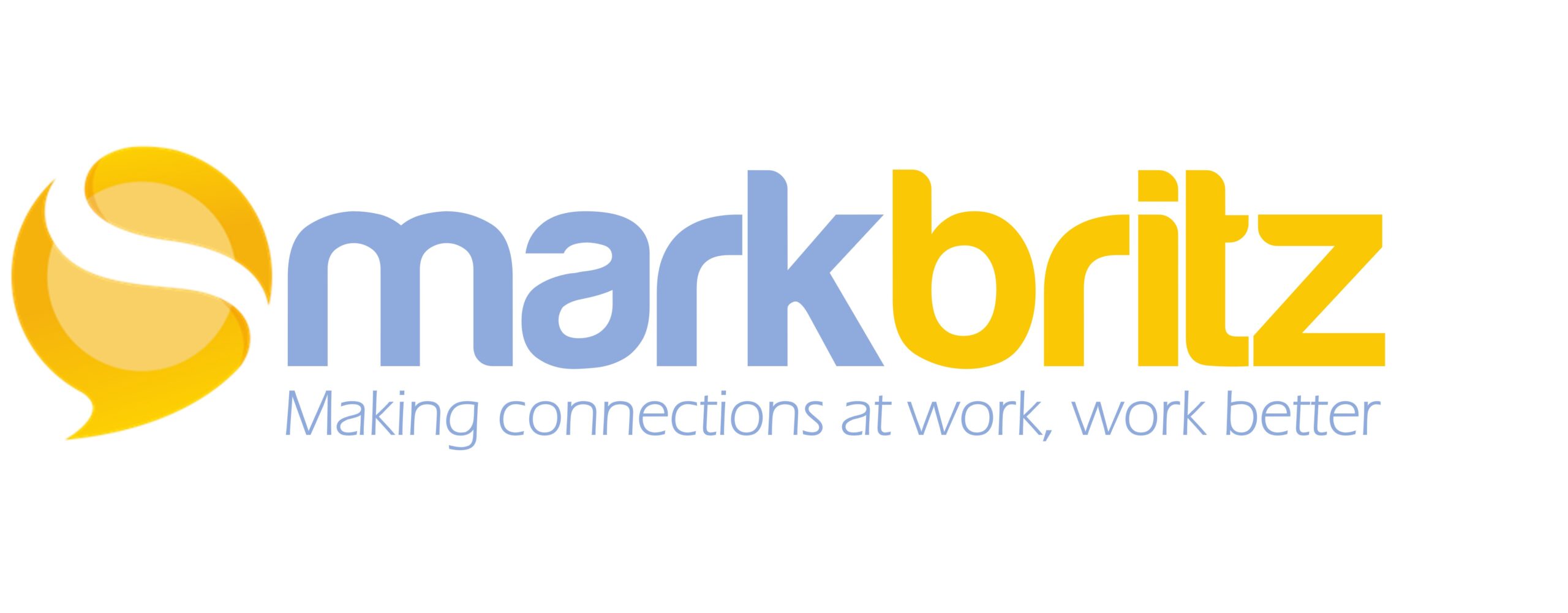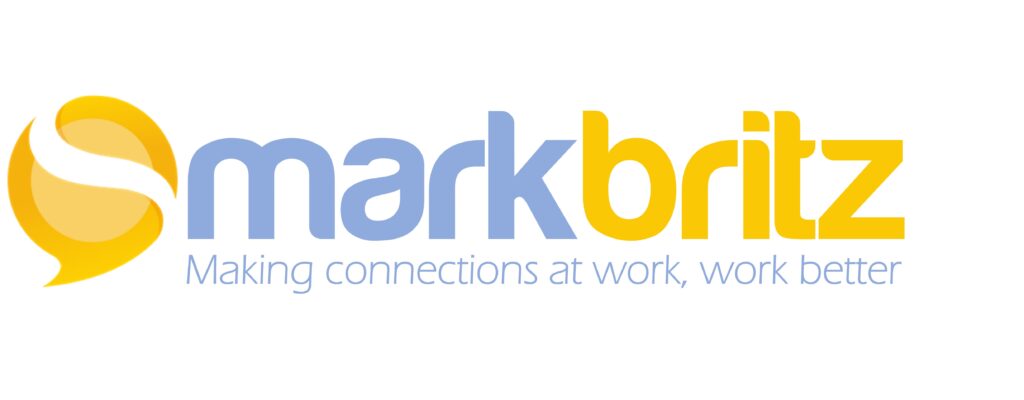According to a 2016 article in Quartz that 94% of net job growth in the past decade was in the alternative work category,’ with over 60% being due to the rise of independent contractors, freelancers and contract company workers.
If this shift continues to trend up, more organizations will need to alter their long-held beliefs and structures to accommodate. Workers that assemble quickly, collaborate and disperse have different needs (and wants) than they those in the traditional long-term employee category.
- No commitment by either employee or employer beyond the job.
- No courting of employees with perks or packages.
- No org concerns around engagement nor expectation of.
- Motivated by the job; expect to get paid well, build skills and move on.
In Stowe Boyd’s recent piece titled Swift Trust and the Gig Economy he examines the changing nature of trust and the evolving, decentralizing organization. He shares the present day example of the complex movie industry, where teams of talented independents cooperate to create the film, then dissipate often never working together again. This swarming approach flies in the face of how we understand talent development today, and how we picture the organization. Swift Trust requires much less formality, eliminating all the process and procedure that built today’s talent management departments and roles. It begs the question for me of what will become of all the “sub-industries” around leadership development, management systems, communication protocols, collaboration platforms, engagement programs, recruitment approaches, and training departments?
When I was the head of L&D at Systems Made Simple (an IT Healthcare Contract Company) we had 200 regular employees intermixed with 400 fluid contractors, 46 projects of 6 months to 2 years in duration. Highly talented, specialized workers were hired quickly and working on day one. It was primarily a feudal organizational structure like I had never seen before where I quickly found the traditional rational for my hire would be of little value. Workers at SMS needed access to systems, quick connection to team-members, and the tools to do the job. Trust?? Trust was built through reputation and hourly behaviors not years. Learning and Development? Learning happened in the opportunities, in the work itself not outside of it. This workforce was made up of experts not only in their craft but experts in how to own their learning!
For SMS, I placed social at the center. Collaborative technology was rolled out slowly to better enable expertise sharing and ensure consistency, Our agile project management approach was broken into a library of resources to be accessed at various phases and each employee was granted open access to Lynda.com (now LinkedIn Learning) to pull just wanted/needed when they wanted it. Managers were SMEs and handed the keys to Webinar tools to offer quickly developed, short sessions that were recorded on various topics in how SMS executed the business model. Swift Trust work required Swift Support, and my role was not to build courses and curriculum but rather to guide and enable.
If this is part of the future of work, where trust takes a new mindset and different agreements exist between employer and employee what then of the industries that are build on the old models of the organization? When the “learners” you came to this profession to help don’t need what you have to offer, are you ready to shift?

